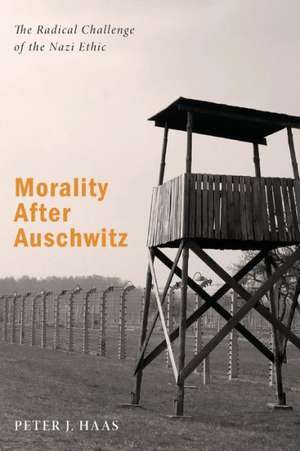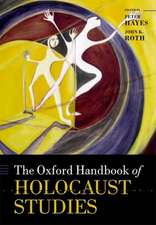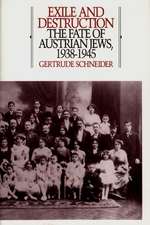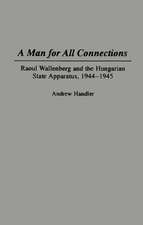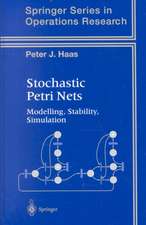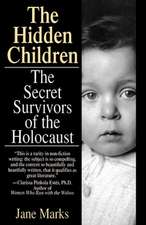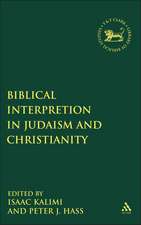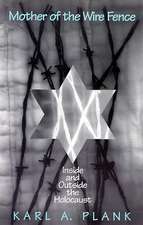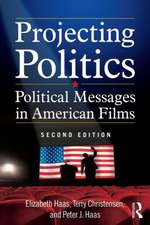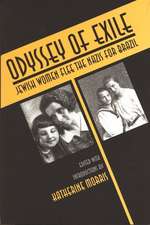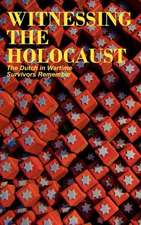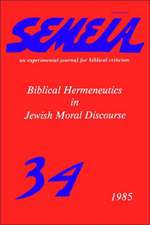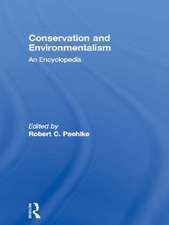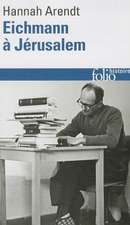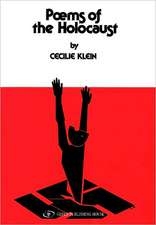Morality After Auschwitz: The Radical Challenge of the Nazi Ethic
Autor Peter J. Haasen Limba Engleză Paperback – 31 dec 2013
Preț: 190.75 lei
Nou
Puncte Express: 286
Preț estimativ în valută:
36.50€ • 38.11$ • 30.14£
36.50€ • 38.11$ • 30.14£
Carte disponibilă
Livrare economică 25 martie-08 aprilie
Preluare comenzi: 021 569.72.76
Specificații
ISBN-13: 9781625645739
ISBN-10: 1625645732
Pagini: 257
Dimensiuni: 152 x 226 x 18 mm
Greutate: 0.39 kg
Editura: Wipf and Stock Publishers
ISBN-10: 1625645732
Pagini: 257
Dimensiuni: 152 x 226 x 18 mm
Greutate: 0.39 kg
Editura: Wipf and Stock Publishers
Textul de pe ultima copertă
This book grows out of a number of years' experience in teaching the Holocaust to a largely non-Jewish university student body. It reflects struggles to find a way of conveying the content and the meaning of the Holocaust in fourteen short weeks to students with often little or no background.
